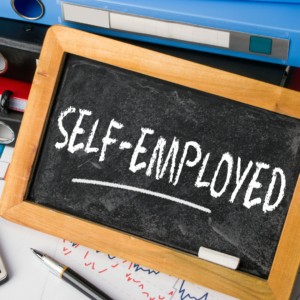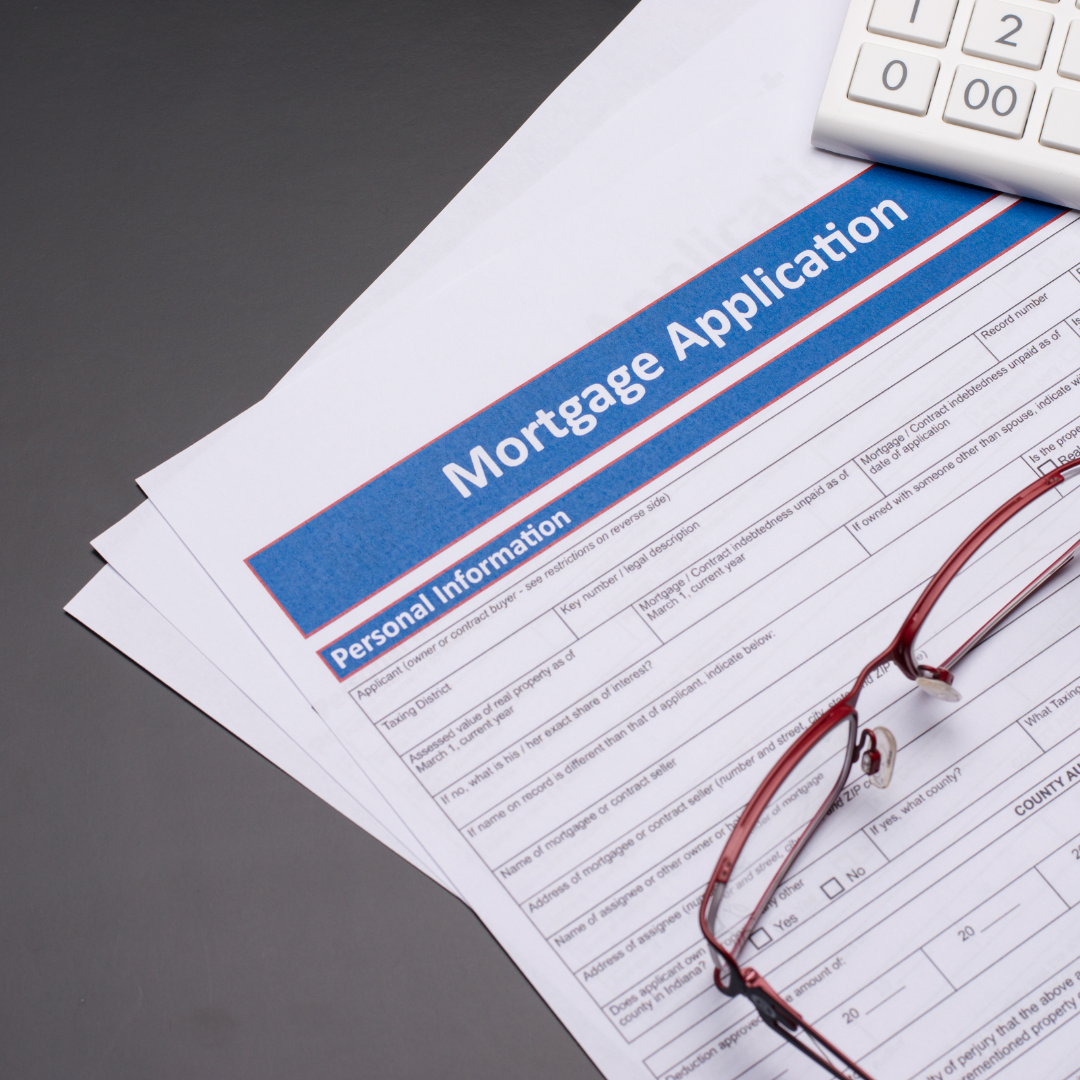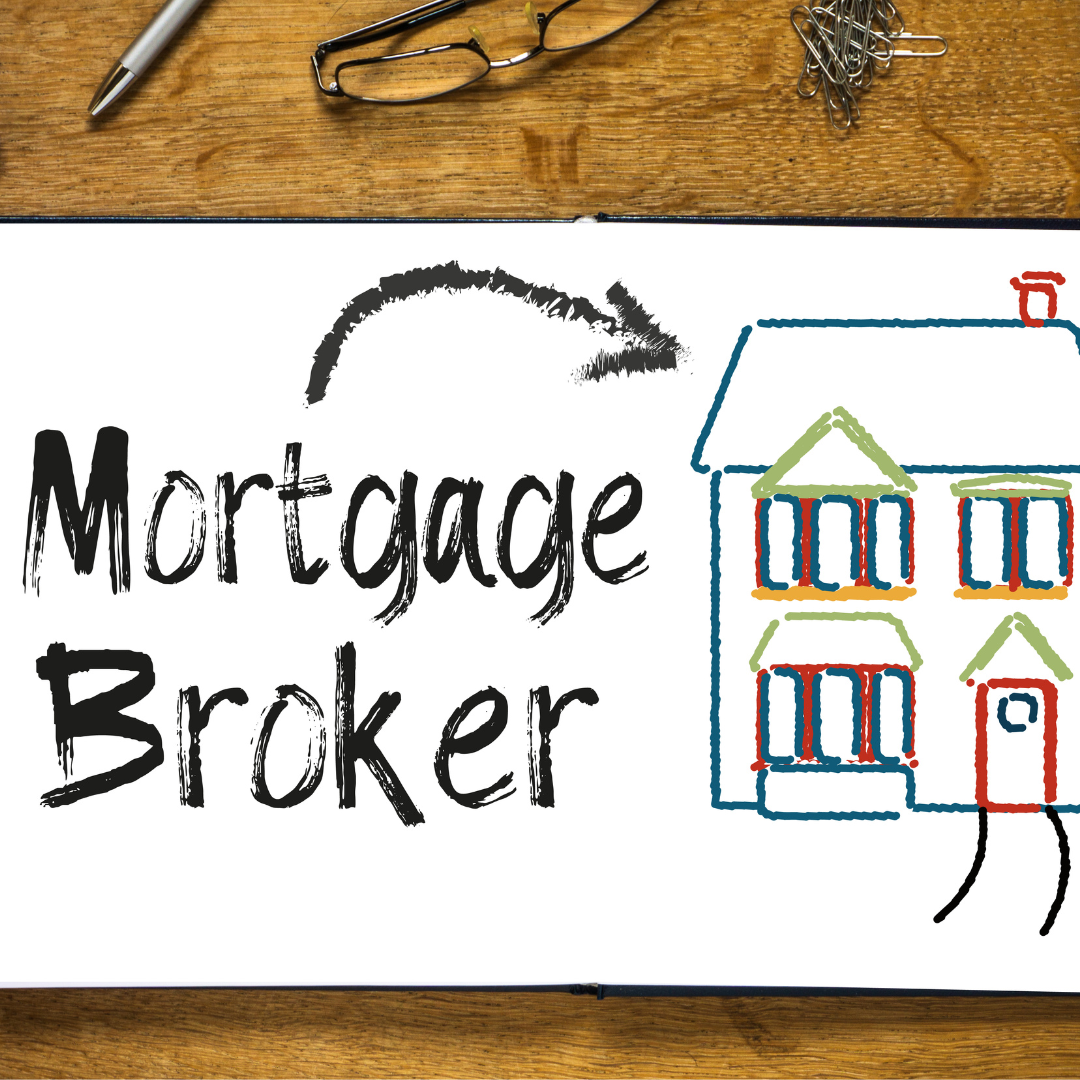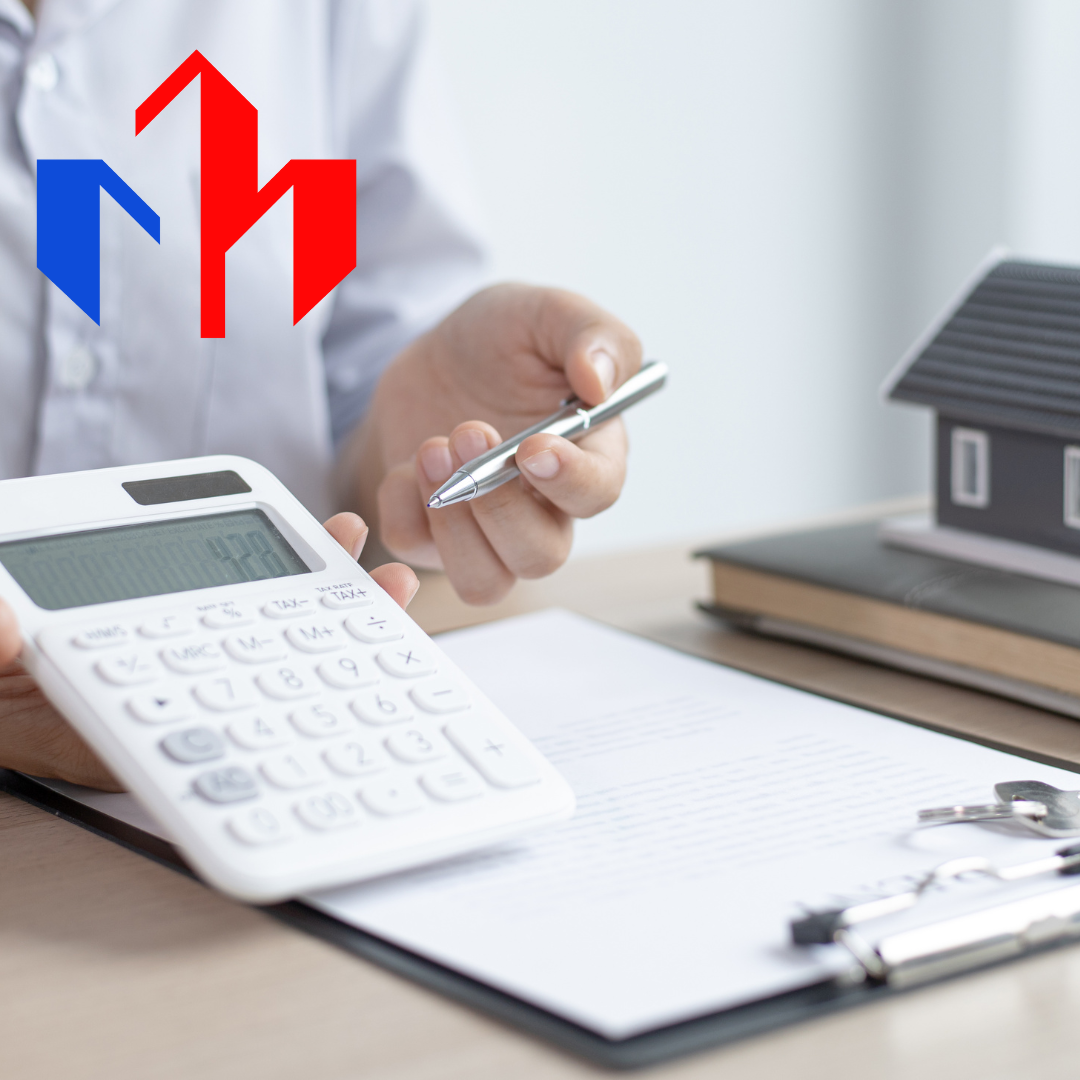5 tips for getting a mortgage when you are self-employed
Are you self-employed and looking to buy a home? Here are five tips that will help you get approved for a mortgage.
If you’re self-employed and want to get a mortgage, here are 5 tips to help you get approved:
- Organize your financial paperwork
- Ensure you have a high credit score
- Show your income with tax returns
- Prove that you have a reliable income
- Save up for a larger down payment.
Introduction
If you work for yourself, you may have realized that it’s more difficult to get a mortgage than it is for someone who is employed by another person. Here are 5 pieces of advice to help you secure a mortgage when you’re self-employed:
- Organize your financial paperwork
When you are self-employed, it is important to keep your financial documentation in order. This will give the lender a clear picture of your income and expenses. Make sure you have your tax returns for the last 2-3 years, as well as bank statements and other financial documents.
- Make a large down payment
If you can, try to get a large down payment. This will demonstrate to the lender that you’re earnest about purchasing the property and have the financial means to do so.
- Find someone to cosign for you
If you can’t come up with a significant down payment, look into getting a co-signer. This individual will be held accountable for the loan if you stop making payments. Choose someone with excellent credit and who is in a good financial position.
- Compare lenders to find the best deal
When you’re self-employed, not all lenders are created equal. Make sure to compare rates and terms from different lenders before making a decision.
- Be ready to incur a higher interest rate
Interest rates for mortgages tend to be higher for self-employed individuals than for those who are employed by others. You may need to pay a higher rate, but don’t let this stop you from getting the loan that you need!
Why is it difficult to get a mortgage when you are self-employed?
Although there are several advantages to being self-employed, it can make it more complicated to get a mortgage. Lenders are often unwilling to give mortgages to self-employed individuals because they don’t have the same job security as those who work for someone else. If you’re self-employed and want to get a mortgage, here are five tips that may help:
- Gather the required documentation to prove your income. This may include tax returns, bank statements, and other forms of documentation.
- Save up a large down payment. A bigger down payment demonstrates that you’re invested in the property and less likely to default on the loan.
- Go with a shorter loan term. You’ll pay the loan off quicker and are less likely to default if you choose a shorter loan term.
- Find a co-signer. If you can’t qualify for a mortgage by yourself, look for someone who is willing to co-sign the loan with you.
- Think about borrowing from alternative lenders. Some lenders focus on loans for self-employed people and may be more likely to work with you than traditional banks or credit unions.
Tips for getting a mortgage when you are self-employed
Self-employed individuals may have more difficulty than those with regular employment in getting a mortgage. Lenders may be hesitant to give money to someone whose income is less consistent, and it may be harder for self-employed people to prove their earnings. However, there are a few things that can make it easier for the self-employed to get a mortgage.
If you’re self-employed and in the market for a mortgage, use these five tips to help you secure financing:
- Keep meticulous records of your income. Be sure to have documentation like tax returns and financial statements that demonstrate your income. This will make it simpler for a lender to confirm your income and give you a loan.
- Save up a large down payment. You won’t need to borrow as much money if you have a larger down payment, and it may be easier to get approved for a loan.
- Find a co-signer. If you can’t qualify for a loan by yourself, you may have better luck if someone else co-signs the loan with you. This person will be held accountable for the loan if they can’t pay it back, so make sure to choose someone who is in a good financial position and has a good credit score.
- An adjustable-rate mortgage may be a good option. Adjustable-rate mortgages usually have lower interest rates than fixed-rate mortgages, making them ideal if you think your income will go up in the future. Be mindful that your interest rate could rise after the initial period, so make sure you could manage a potential increase before getting this type of mortgage.
- Locate a reputable mortgage broker. Mortgage brokers have relationships with multiple lenders and can help you find the most competitive mortgage loan. They can also assist you in getting pre-approved for a loan and can answer any questions you have during the process.
How to make your application more attractive to lenders
Self-employed individuals often have a more difficult time than others when trying to prove their income to lenders in order to get a mortgage. Lenders need to see evidence that you have a dependable income and can manage mortgage payments over the long term.
There are a few things you can do to make your application more attractive to lenders:
- Make sure you have a strong credit score.
- Show that you have a steady income and employment history.
- Demonstrate that you have a good history of making payments on time.
- Ensure that you have enough documentation to verify your income. This can come in the form of tax returns, financial statements, and bank records.
- Maintain a strong credit score. The higher your credit score, the more likely lenders will view your application favourably.
- Put down a larger down payment. A heftier down payment communicates that you are earnest about purchasing a home and have the financial resources to do so.
- Get a mortgage pre-approval. This can give you more negotiating power when making an offer on a home and also demonstrates to lenders that you are serious about purchasing a home.
- If you have difficulty demonstrating your income or have other negative factors in the eyes of lenders, look for a cosigner to help guarantee the loan.
Other options for financing your home
If you’re self-employed, there are a few things you can do to make sure you get the best mortgage rate possible.
- Get pre-approved for a loan. This will assist you in shopping for a mortgage and give you a clearer understanding of the interest rates you could qualify for.
- Get your financial paperwork in order. This means your tax returns, profit and loss statements, bank statements, and any other financial documents a lender could request.
- To qualify for a mortgage, you may want to use alternative sources of income. These could include money from investments, child support, or alimony payments.
- If you can, get a co-signer for your mortgage. This can help improve your chances of qualifying for a loan and getting a lower interest rate.
- To get the best mortgage rate and terms that fit your needs, shop around with both traditional lenders and online lenders. By doing this, you can be sure to get the best deal possible.
Conclusion
There are several things that self-employed individuals can do to improve their chances of being approved for a mortgage. Keep in mind that you may face unique challenges as a self-employed individual when applying for a mortgage. However, there are several things that you can do to improve your chances of being approved.
To start, confirm that you have a comprehensive business plan and a successful track record. Lenders will want to observe that you have a proven record of operating a prosperous business.
Be prepared to provide documentation of your income and expenses. This will help the lender see that you are capable of repaying the loan.
Another way to make yourself a more appealing borrower is to lower your debt-to-income ratio by either increasing your income or paying off debts.
Another thing to consider is using a cosigner or collateral to get the loan. This will make the lender feel more secure and increase your chances of being approved.
Remember that self-employed individuals often have to put down a larger down payment than other borrowers. This is because lenders view self-employed borrowers as higher risk. Putting down a larger down payment will help to offset this risk and make you a more attractive borrower.
Further reading/resources
If you’re self-employed, you’ll have to go the extra mile to get a mortgage. However, it is possible to be approved for one if you’re prepared and take a proactive approach to your application.
Use these tips to get started:
- Organize your documentation
- Do your research to find the best lender for you.
- Be ready to make a bigger down payment
- Have a comprehensive business plan
- Don’t hesitate to negotiate
It’s important to shop around for the best mortgage rate when you’re buying a home. There are a lot of different lenders out there, and each one offers different rates. You’ll want to compare rates from a few different lenders before you make a decision.

| MortgagesToGo.ca | |
| Website | Mortgagestogo.ca |
| Services | New purchase, refinancing and equity takeouts, mortgage transfer, mortgage renewal Rates |
| Rates | https://mortgagestogo.ca/mortgage-rates/ |
| Address | 12 Royal Vista Way NW #1110, Calgary, AB T3R 0N2 |
| Contact Details | (888) 888-5998 |
| Operating Hours | Monday – Friday 9 AM – 5 PM |









